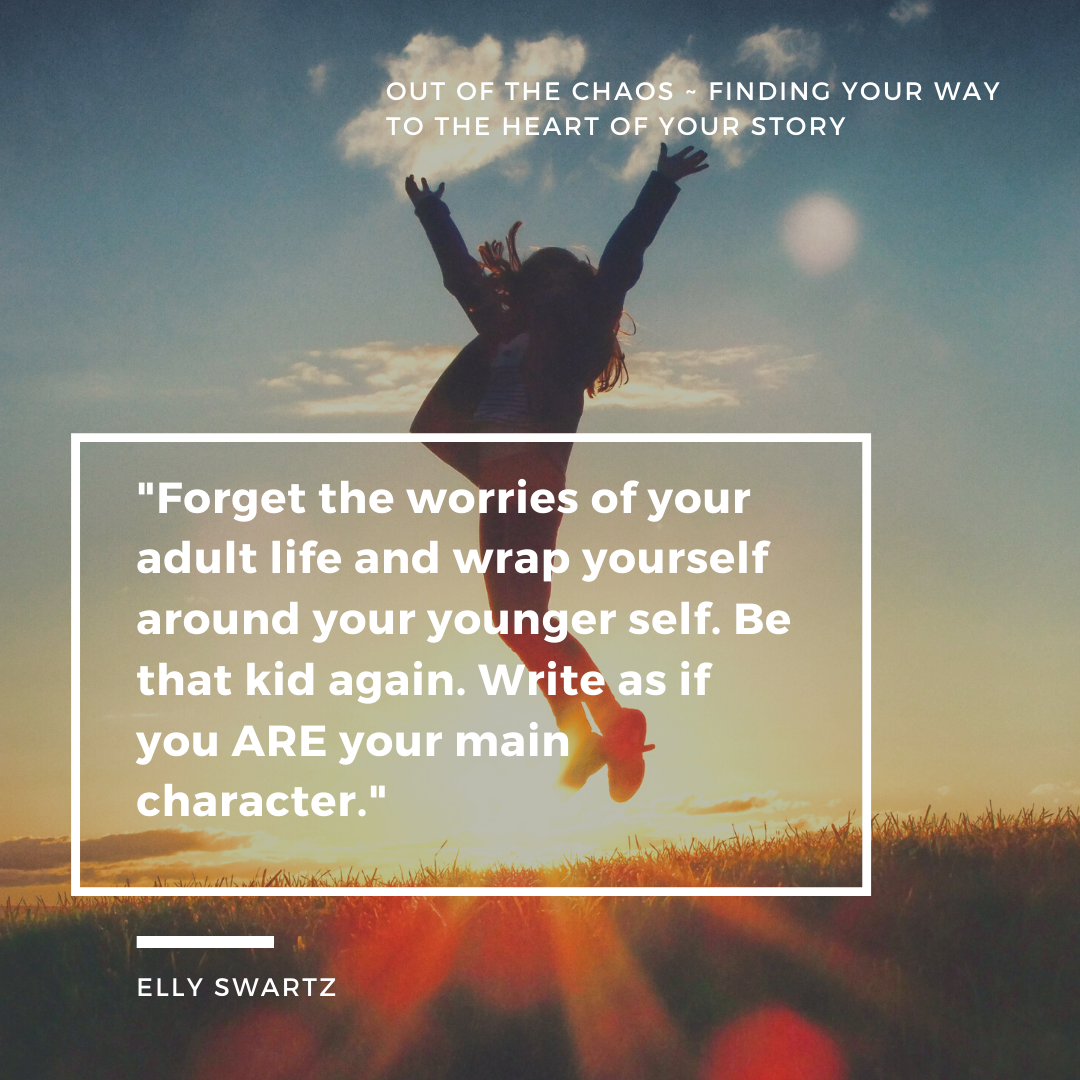By Elizabeth Everett, Author of A Perfect Equation
Let’s start with two definitions.
Pornography: printed or visual material containing the explicit description or display of sexual organs or activity, intended to stimulate erotic rather than aesthetic or emotional feelings.
Romance Novel: A work of literature which features a central love story with an emotionally satisfying and optimistic ending.
It seems obvious to me that these are two wildly different definitions. Why, then, do so many people use the word “porn” in conjunction with the romance genre? Even more distressing, why do other authors use it?
If this was the mid-seventies of the last century, it might make more sense. Pornographic movies had tenuous story lines and, specifically in the historical romance sub-genre, there were narratives that included non-consensual sex.
Times have changed a great deal, but stereotypes remain. Even a cursory examination of the impact of the pornographic industry on women and young people reveals multiple studies that leave no doubt of its negative impact on the lives of the people participating in as well as watching pornography.
In contrast, a slew of articles have been written in the past two years about how romance novels have been a balm for reader’s mental health during the pandemic and a spike in romance sales proves the point.
Genre fiction has always gotten the side eye from other writers, but the contempt for romance is particularly strong. I have a few theories as to why this might be.
The first is that in our American culture, we are still ambivalent about sex. On the one hand, we use sex to sell everything from sneakers to cereal. We hypersexualize young people in our media and everything from fashion to food is designed to appear “sexy.” On the other hand, when we talk about the actual sex act, we still use words like “dirty”, “smutty”, and “nasty.” Sex education in the classroom is still controversial and frank, open discussion about sexual health is still taboo. Adults, when they find out that I write romance, immediately begin to titter and make jokes about how my partner must enjoy that I write sex scenes. Men in genre fiction – especially thrillers and crime fiction – rarely get asked about if they get off on writing about sex killers or are titillated when they depict mutilated naked women as victims. Yet, romance authors report that it is quite common to receive inappropriate questions about their enjoyment of writing sex scenes from interviewers and other authors as well as from the general public.
The second theory is a bit more nuanced. The romance genre has made strides – although I think we can all agree not enough – by expanding representation in romance novels. Peruse any romance section and you’ll find Queer, disabled, and neurodiverse main characters, to name a few. While there is some prejudicial push-back on love stories for everyone, “porn” and even worse, “mommy porn”, is most often applied to books where women are depicted enjoying non-penetrative or consensual sex. We’ve internalized misogyny to the point where depictions of intimacy where women are active participants and achieve satisfaction are suspect and subject to ridicule. It’s no coincidence that in many thrillers and crime fiction novels if a woman is sexually active, she’s going to wind up dead at some point.
My deepest disappointment with this hypocrisy is when other authors participate in it. The point of including physical intimacy on the page in a romance novel is obvious. It is a powerful way to illustrate the deepening emotional connection between the two main characters. While you can always separate love from sex, sex with love is a compelling narrative that has driven many a classic novel – but oftentimes praise is saved for those novels where the woman is punished, or the relationship ends in tragedy.
The next time an author is tempted to dismiss romance novels as trash or “porn” – I urge them to pause and do one of two things. First, read a romance. It’s not that hard, there are lots of them out there to appeal to any age, race, gender, religion, or sexuality. Second, these are your peers. Take a moment and consider the comparison you are making between a piece of pornography and a three-hundred-page novel that charts the course of a relationship and brings devoted readers the profound emotional satisfaction that is this genre’s special gift.
Elizabeth Everett lives in upstate New York with her family. She likes going for long walks or (very) short runs to nearby sites that figure prominently in the history of civil rights and women's suffrage. Her series is inspired by her admiration for rule breakers and belief in the power of love to change the world.





